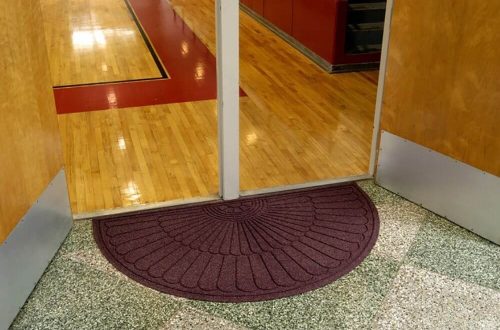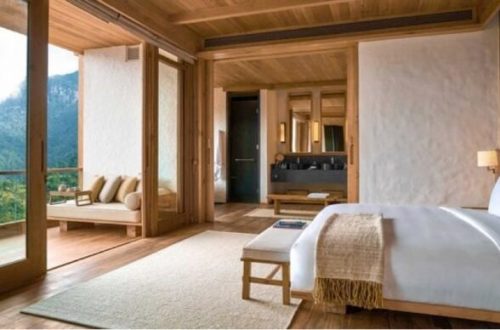The common cost of a fresh bathroom is from around £3,000+, but this may vary hugely depending on the level of luxury you want, whether you are starting from scratch or replacing an existing suite as part of your bathrooms renovation, as well as whether you intend on doing the work on the DIY basis.
Although some suppliers advertise complete suites at under £200, it isn’t always clear what’s included, so be certain to learn before parting with any money.
If you are trying to work through your bathroom conversion cost, we’ve divided different elements below and given you guide prices on three different degrees of specification.
How Much Will a Bath Cost?
Low end: £80
Average cost: Around £400
First class: £1,000
Baths are usually sold separately from all of those other suite, which frequently only includes the WC and basin, and the price depends mainly on what they are made from. The very cheapest baths are usually made from slim acrylic and come prepared to be built-in to a body, which may then be tiled or completed with a purpose-made bathtub panel.
These cheap acrylic baths cost from around £80, but can be flimsy, so do give them an intensive check before investing. Bear in mind, at the top of the price level there’s also baths created from acrylics, but these are generally created from thicker, fibreglass-reinforced acrylic and are of a greater quality. Acrylic also preserves water warm for much longer than steel.
If you’re with limited funds and want affordability, basic material baths tend to be more durable than the very low-cost acrylic designs and frequently cost little, if any, more – beginning with around £120.
Once you begin looking at cast flat iron, timber, composite and stone, the prices rocket.
Electric showers are among the cheapest options. They are simply linked to the mains cool water supply and heat normal water on demand. Although they usually do not reach the level of ability provided by showers connected to the mains, choosing one with a higher kilowatt rating can help – they may be economic to run, installation is normally straightforward and they start at around £50.
Next up are bath/bathtub mixers, with prices again beginning with £50. The showering hose and head are combined with bath mixer touch which is the way the temperature is fine-tuned. These are easy and inexpensive to fit, however the pressure is not always great and getting the bathtub temperature right can be fiddly.
A manual shower mixer (from £60) has the hose and spray coming out from a wall unit, with a temperature control to adjust the temperature.
Thermostatic mixers act like manual mixers but have an integral thermostat that automatically adjusts water temperature in case a tap elsewhere inside your home has been used. They start at £125.
Vitality showers start at £150 and are linked to an intrinsic pump to improve movement rate. However, they aren’t compatible with combi boilers as they desire a source from both a cool water cistern and a hot water cylinder.
They are just the essential bathtub types. Digital showers, shower towers, columns and cabins all give you a luxury showering experience, with a variety of sprays and jets – at a price of course, from £250 upwards.
At the budget end of the market are ceramic pedestal basins that start at around £50. For something a bit more delicate in appearance, a semi-pedestal or wall-hung basin is an excellent option, starting at £60.
Basins made to sit in or over a vanity unit enable storage – such as recessed, semi-recessed or freestanding basins which cost from £90 but be sure you factor in the price tag on the unit they take a seat on or in, too.
Whilst most basins are ceramic, goblet, material and stone are all options – but cost greater than a standard ceramic basin. The most common basin size is 550mm x 400mm.


